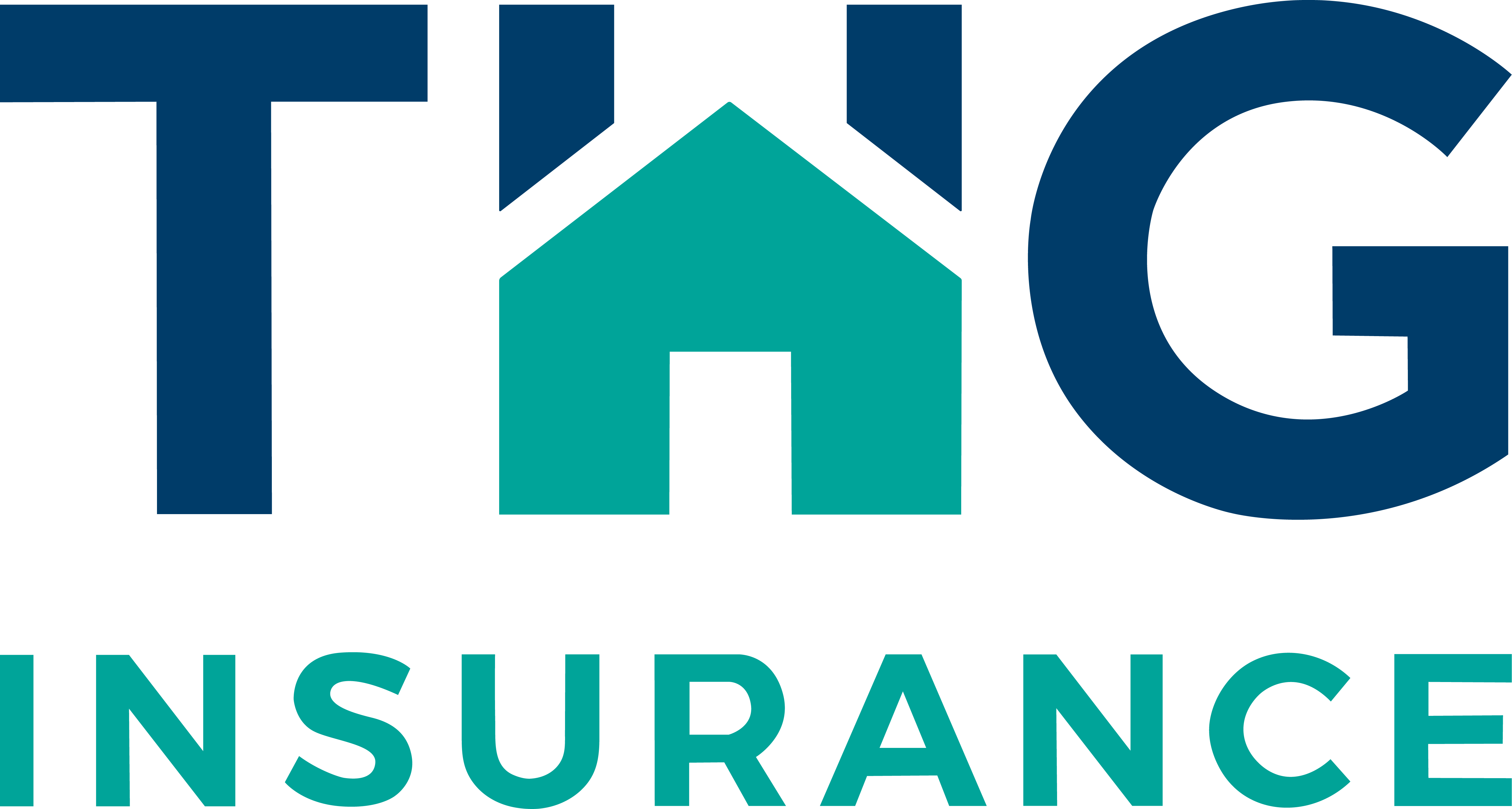Key Takeaways:
- If anyone depends on you financially, you likely need life insurance. It protects your loved ones from unexpected financial strain in the event of your death.
- There are two main types of life insurance: term and permanent. Term is cost-effective for temporary needs; permanent builds cash value and lasts your entire life.
- The right coverage depends on your income, debts, and future goals. A local independent insurance agency like The Huneycutt Group can help you calculate exactly how much life insurance you need.
Life doesn’t slow down. And between work, bills, and responsibilities, it’s easy to put off thinking about life insurance. But asking yourself “Do I need life insurance?” means you’re already taking a step in the right direction.
Life insurance isn’t just about numbers. It’s about providing financial protection and paying bills for the people who matter most, your spouse, kids, business partners, or even your aging parents.
At The Huneycutt Group, we work with individuals and families across North Carolina to find the right life insurance coverage without the confusion. Whether you’re new to buying life insurance or reviewing your existing policy, we’re here to guide you every step of the way.
What Is Life Insurance and How Does It Work?
A life insurance policy is an agreement between you and an insurance company. You pay premiums regularly, and in return, your beneficiaries receive a death benefit (a lump sum payment) if you pass away during the policy’s term.
That life insurance death benefit offers financial security and can help cover:
- Final expenses like funeral costs and medical bills
- Ongoing mortgage payments or car loans
- Everyday living expenses and future financial needs
- College tuition, estate taxes, or even support for a family business
In short, life insurance helps prevent your family from facing financial hardship at a time when they should be focused on healing.
Types of Life Insurance: What Are Your Options?
There are two primary types of life insurance to choose from, each with its own pros and cons.
Term Life Insurance
Term life insurance provides coverage for a specific period (often 10, 20, or 30 years). It’s straightforward and cost-effective, making it a popular choice for:
- Young families
- Homeowners with a mortgage
- People with financial obligations that will eventually end
If you pass away during the term, your beneficiaries receive the full death benefit. But if the term ends and you’re still alive, the policy expires unless renewed.
Key benefits:
- Lower premiums
- Ideal for income replacement and temporary needs
Permanent Life Insurance
Permanent life insurance covers you for your entire life, as long as you pay premiums. It comes in several forms, including whole life insurance, universal life, and variable life insurance and includes a cash value element that grows over time.
That cash value can be used during your lifetime for:
- Loans or withdrawals
- Supplementing retirement income
- Funding future expenses or emergencies
Key benefits:
- Lifelong coverage
- Builds cash value with potential tax advantages
- Can help cover estate taxes or leave a financial legacy
Final Expense and Burial Insurance
Final expense insurance (also known as burial insurance) is a small whole life insurance policy designed to pay for funeral and burial expenses, as well as lingering medical bills.
Why people choose it: It’s accessible, often doesn’t require a medical exam, and ensures your family won’t face out-of-pocket costs after death.
Key Benefits:
- Costs: Low initial premiums, increases with age
- Builds cash value? Yes (modest)
- Best for: Seniors or those who want to cover only final expenses
- Easy to qualify for
- Simple, guaranteed death benefit
Cons:
- Low coverage amounts
- Higher cost per dollar of coverage
Who Needs Life Insurance?
If someone depends on you for income, care, or shared responsibilities, life insurance is worth serious consideration. Here’s who should think about it:
Young Adults with Debt
Have student loans with a co-signer or personal loans? A life insurance policy can protect your co-signors from inheriting your financial burden.
Married Couples
Even if both spouses work, losing one income can create a gap. Life insurance helps ensure that monthly income, car payments, and household expenses stay manageable.
Parents Raising Children
From daycare to college costs, kids are expensive. Life insurance can provide income replacement, cover college tuition, and protect your child’s future.
Business Owners and Partners
If you co-own a business, life insurance protects business partners from sudden losses and pay business loans.
Retirees and Empty Nesters
It’s not just about raising kids. Covering final expenses, leaving a legacy, or using your policy’s cash value in retirement are all reasons why older adults choose permanent policies.
Term vs. Whole vs. Universal
| Type | Term Life Insurance | Whole Life Insurance | Universal Life |
| Coverage | Fixed specific period | Entire life | Entire life (with flexible terms) |
| Cash Value | None | Yes (cash value component builds) | Yes (more flexible, may vary with market) |
| Premiums | Lower, fixed during the term | Higher, fixed premiums | Adjustable |
| Use Case | Temporary needs, debt, income replacement | Long-term planning, legacy, final expenses | Flexible needs, investment advice options |
How Much Life Insurance Do I Need?
There’s no one-size-fits-all answer to how much life insurance you need. And even in some cases, policies can be layered. But here’s how to think it through:
- Income replacement: Multiply your income by 10–15 years
- Debts and loans: Include mortgage payments, car loans, and other financial obligations
- Final expenses: Plan for burial costs, medical bills, and other end-of-life expenses
- Future expenses: Think about college tuition, retirement income for your spouse, and more
- Legacy or giving: Do you want to leave money for family or charitable causes?
Need help figuring out how much coverage is right for you? Our team at The Huneycutt Group can walk you through the numbers.
Common Life Insurance Myths (and the Truth)
Let’s bust some common misconceptions:
- “I’m too young to worry about it.” Actually, buying life insurance early means lower rates and more options.
- “I can’t afford it.” Many term life insurance policies are surprisingly affordable.
- “I have coverage through work.” Employer plans often offer minimal protection and they disappear if you leave your job.
- “I don’t work, so I don’t need it.” Think about the cost of childcare, meals, or home care your partner would need if you weren’t around.
- “I’m healthy, so I’ll wait.” A clean medical exam today locks in better rates than waiting until your health changes.
Choosing the Right Life Insurance Policy
When you’re ready to explore options, here’s what to keep in mind:
- Know your financial priorities and goals
- Decide between term and permanent insurance based on your timeline
- Consider whether a cash value component is important
- Prepare for a potential medical exam (some policies may waive it)
- Work with a financial professional to get clear, unbiased advice
At The Huneycutt Group, we don’t push products, we help you understand your life insurance needs and find coverage that fits your life.
Ready to Protect What Matters?
If you’ve ever asked, “Do I need life insurance?” — the answer is likely yes.
Life insurance is a key part of your financial safety net, not just for today but for the future. It gives your loved ones financial support when they need it most.
The Huneycutt Group has been serving North Carolina families and business owners with trusted insurance solutions for decades. Let’s talk about your life policy options and find the right fit for your future.
Contact us today to start a conversation that puts you in control of your financial future.
FAQs: Know If You Need Life Insurance
Do I need life insurance if I’m single?
Yes. If you have debts, a co-signer, or simply want to lock in affordable coverage while you’re young and healthy, now’s a great time to start.
How much life insurance should I get?
Look at your income replacement needs, outstanding debts, and future expenses. A financial advisor can help tailor your coverage amount to match your real needs.
Can I have more than one policy?
Absolutely. Many people layer term life and whole life insurance to cover both short-term needs and long-term goals.
What’s the difference between whole and universal life?
Whole life insurance has fixed premiums and guaranteed cash value growth. Universal life is more flexible, often with adjustable premiums and cash value tied to market performance.
Will life insurance cover funeral costs?
Yes. The death benefit from your policy can be used to pay for funeral and burial expenses, medical bills, and more. Some people even purchase a small policy specifically for final expenses.





